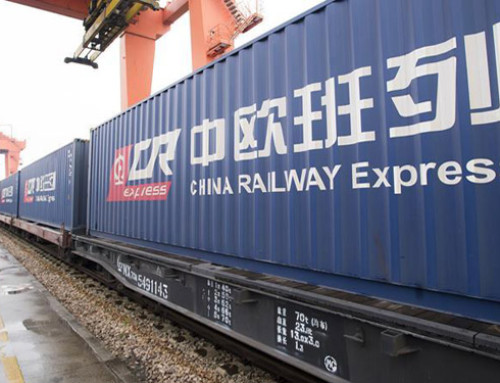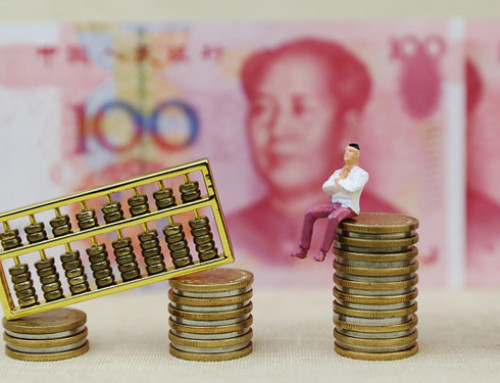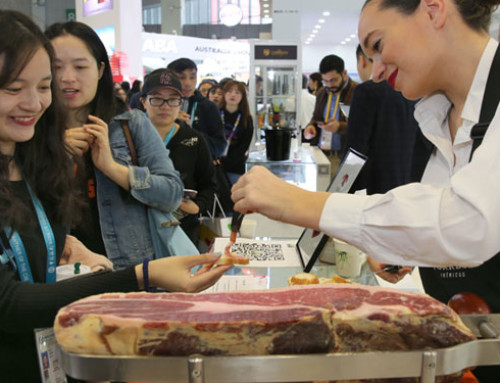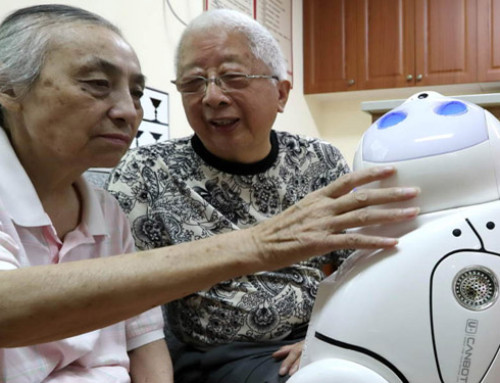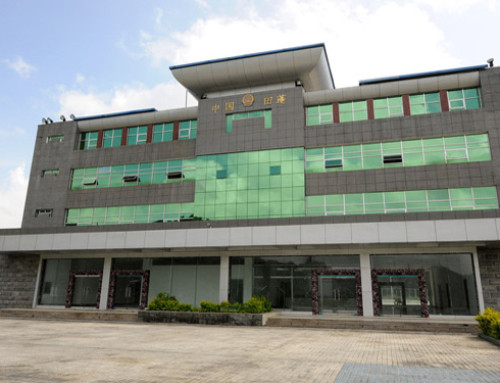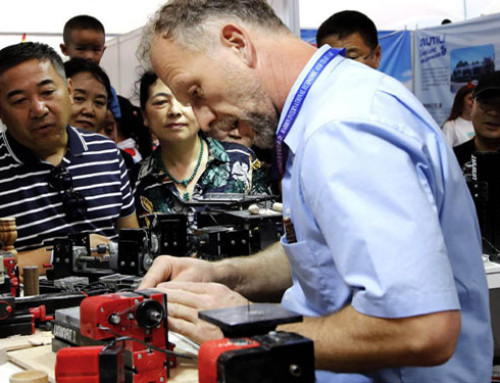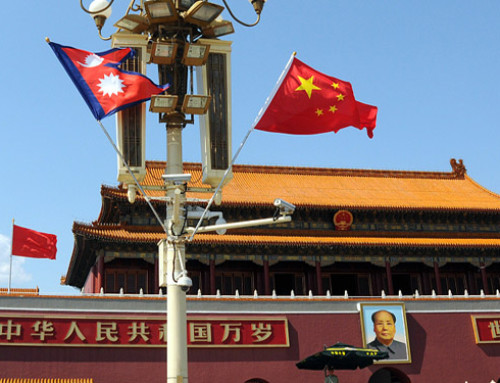The sizzling beef steaks imported from France have been greatly welcomed by customers in a Carrefour supermarket in Shanghai.
The supermarket has placed a second order for the French steaks after the product sold out in the Chinese market in just a few weeks.
“This is a good start,” said Fanye Meng, chief representative of the INAPORC & INTERBEV CHINA, an association aimed at helping more French animal husbandry companies develop their business in China.
China has stepped up its opening-up for imports since the first China International Import Expo (CIIE) in early November. Deals for intended purchases of goods and services worth a total of 57.83 billion U.S. dollars were reached at the first CIIE.
Currently, about 100 companies have signed up for the second CIIE, according to the CIIE Bureau.
In the next 15 years, China expects to import goods worth 30 trillion U.S. dollars and services worth 10 trillion U.S. dollars.
Attracted by Shanghai’s investment policies, open business environment, and abundant talent resources, U.S. engineering firm AECOM set up its Chinese managing headquarters in Shanghai just one month after the CIIE.
“China’s business environment in terms of finance, logistics, communication, shipping, and technological innovation are becoming more and more promising,” said Ian Chung, Chief Executive for Greater China of AECOM.
Chinese lawmakers have also called for swift adoption of a unified foreign investment law to further open the country.
During the week long bimonthly session closed Saturday, the National People’s Congress Standing Committee deliberated a number of newly submitted drafts including the draft foreign investment law.
News Source: Xinhua




